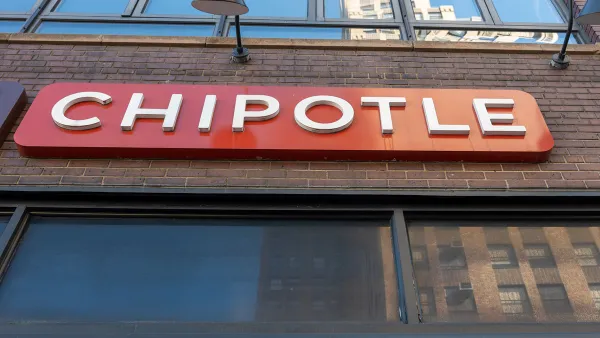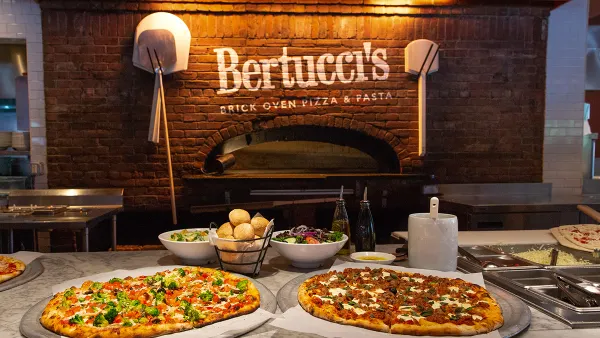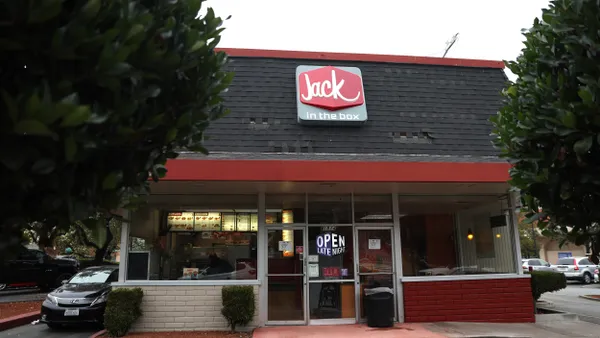Dive Brief:
- Organizations representing the grocery, restaurant and food product industries signed a memorandum of understanding Wednesday afternoon with the Environmental Protection Agency (EPA), U.S. Department of Agriculture (USDA), Food and Drug Administration (FDA) and the Food Waste Reduction Alliance, to formalize collaboration efforts designed to reduce food waste in the U.S. by 50% by 2030 — a goal established by the Obama administration and carried on by the Trump administration.
- The Grocery Manufacturers Association (GMA), Food Marketing Institute and National Restaurant Association, all founding members of the industry-led Food Waste Reduction Alliance, signed onto the MOU at the ReFed Summit in San Francisco. ReFed is a nonprofit organization focused on a data-driven approach to reducing food waste. The EPA, FDA and USDA signed a two-year agreement with ReFed in April.
- This new level of formality builds on existing programs and commitments from the Trump administration including the ReFed agreement, the Food Recovery Challenge and the 2030 Champions program, wherein companies like Ahold Delhaize, Aramark, Blue Apron, Campbell's, Yum! Brands, Walmart, Unilever and more have formally committed to the 2030 goal.
Dive Insight:
According to the Food and Agriculture Organization, 40% of food waste in North America is not caused by consumers. This MOU and the work leading up to it marks an acknowledgement of the important role supply chains have to play in reducing food waste and increasing food recovery.
The agreement is intended to get executives and industry leaders talking, encouraging collaboration to raise the level of awareness and action industry-wide among restaurants, grocers and food companies.
The MOU signatories agree to:
- Engage supply chains in all sectors of the food industry in food waste reduction and food recovery recycling efforts.
- Spread awareness of government resources and programs regarding food waste reduction.
- Share best practices in food waste reduction across businesses and sectors within the food industry.
- Increase understanding of existing laws regarding food donation and recovery to encourage the practice and quell liability concerns.
This collaboration will include a commitment to internal update calls within each organization, public disclosure of the MOU and an agreement to determine more concrete deliverables and timelines in the future.
A senior EPA official told Supply Chain Dive the effort is intended to change industry "attitudes and apathy" around the issue of food waste.
The official said the government presence in the MOU is intended to encourage better understanding of regulations around food dating and food donation, both of which can drive food wastage, and to arm early adopters of food waste best practices with the formal support and credibility of the federal government — something the official said is needed as some industry players still don't take the issue seriously.
Correction: A previous version misstated the ReFed Summit location.













